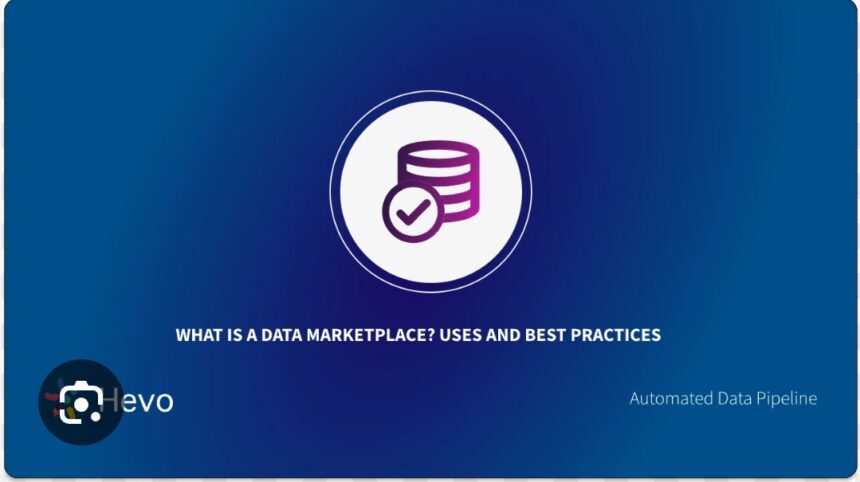The decision to choose a marketplace for personal data trading is very critical. It can have significant implications for your overall privacy and security. Personal data trading is when firms like infodig work by selling data that is crowdsourced from users. Some of the information may include their surfing and spending habits.
Identity tools orchestrate control over this data so it is used responsibly and securely. While the advent of digital identities and personal data markets comes with unmatched opportunities, it also comes with a fair share of risks. Here’s a high-level description of the considerations that need to be addressed in making an informed choice.
Reputation and Trustworthiness
Marketplace reputation is very critical. Go for a platform that has a history of quite robust data security and privacy policies. Check the transparency in data handling practices, clarity in its privacy policies, and adherence to regulations like GDPR and CCPA. Regular audits by third-party firms and certifications are also key pointers toward strong security measures.
Technology Infrastructure
Advanced encryption algorithms for data storage and transport should be an integral part of the technology. Blockchain technology will bring in transparency and immutability, making transactions with data impossible to alter. Identity tools, based on decentralized identifiers and verifiable credentials, guarantee a higher degree of security and more control over personal data.
User Control and Consent Mechanisms
This marketplace should ensure that users have autonomy in making choices about the use, sharing, and purposes of their data. Consent management platforms inlaid within the marketplace might be helpful for preference management of users and compliance.
One would look at granular control over the sharing of personal data, enabling users to withdraw, at any given moment, an access right previously granted, or to delete his/her personal data.
Economic Model
The economic model of the marketplace should serve your purposes and goals; it should further your values. Some of them are based on a revenue-sharing model: they pay people off their data. One has to be aware of how the value of the data is established and whether it is fair that people receive their monetary compensation based on that valuation.
Others are interested in data security and privacy issues and charge users for protection services. The choice will then depend on your priorities: financial benefits or keeping your data safe.
Community and Support
A strong community of users can provide insight and feedback, a base by which to improve the platform over time. Responsive support from the customer team will be able to solve issues and help in having a smooth user experience. Look for marketplaces with robust support channels that include forums, help centers, and direct customer service options.
Ethical Stance/Governance
Data ethics is an important aspect because people become aware of the ways in which personal data are misused and manipulated. Share a marketplace that adheres to ethical data practice, transparency, and accountability. This is considering principles such as data minimization and limitation of purpose, meaning that data is used in the best interest of persons and society.
Conclusion
Choosing the right marketplace like infodig for trading personal data and identity tools should consider a number of key factors: reputation, technology infrastructure, user control, economic model, interoperability, community support, and ethical governance. You will then be able to choose a platform that serves you best according to your needs and aligns with your priorities regarding the handling of personal data securely and ethically.


